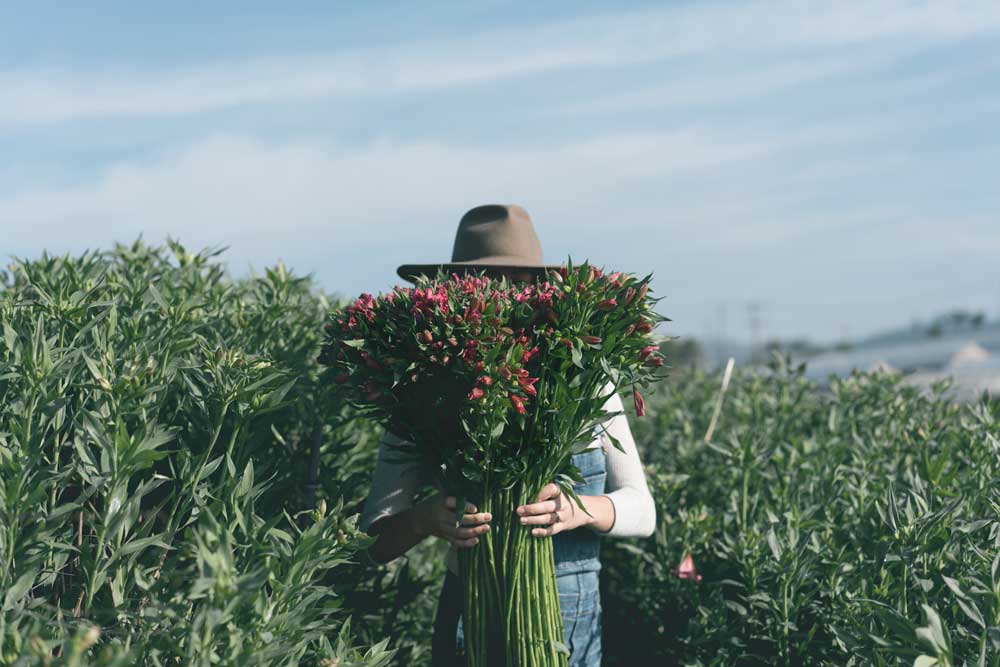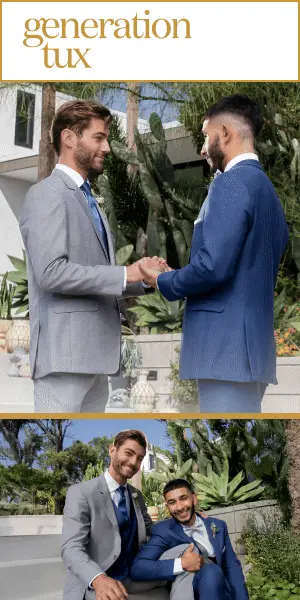Floral arrangements and bouquets. They’re gorgeous to look at, smell beautiful and are perfect for decorating or giving as a gift. Flowers sometimes come with a high price tag, but there is an even greater price on them than meets the eye.
Many florists and local stores do not look into the practices and standards of the farms where their flowers come from. This means that your date-night purchase could end up supporting farms that use harmful chemicals or worse, physically harm their workers.
“Often they [women workers] work for more than 16 hours a day under a very strict monitoring to keep productivity high, which not only means that they can hardly rest, but also that everything has to be done at incredible speed,” says Thomas Mortensen, manager of the Cactus Corporation in Colombia.
Long hours and repetitive actions often result in injuries including tendinitis, carpel tunnel and extreme fatigue. Workers are typically unable to treat their injuries due to the significantly low wages they are paid in exchange for their hard work.
Before you swear off flowers completely, it is important to know that there are companies who operate ethically and support the farms where their flowers come from. When purchasing flowers, look for companies that value environmental and humane ethics.
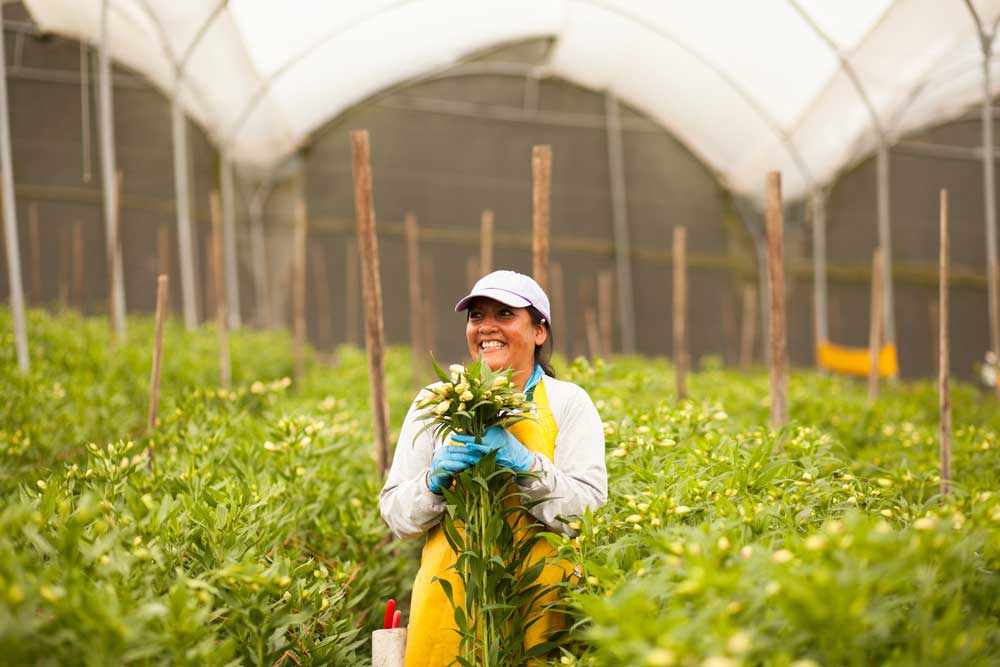
“We really work hard to find farm partners that use no red label chemicals, that have sustainable irrigation systems, they use feasible and recyclable water and that, as much as they can, use organic pesticides as opposed to chemical ones,” says Anna Wilhelmsen, from online florist The Bouqs Company. “Our co-founder is a flower farmer by trade but he’s also a biologist and his specialty is finding some of these organic pesticide solutions and creating molds in order to combat any pests or any diseases from the flowers without hurting the flowers or hurting the environment.”
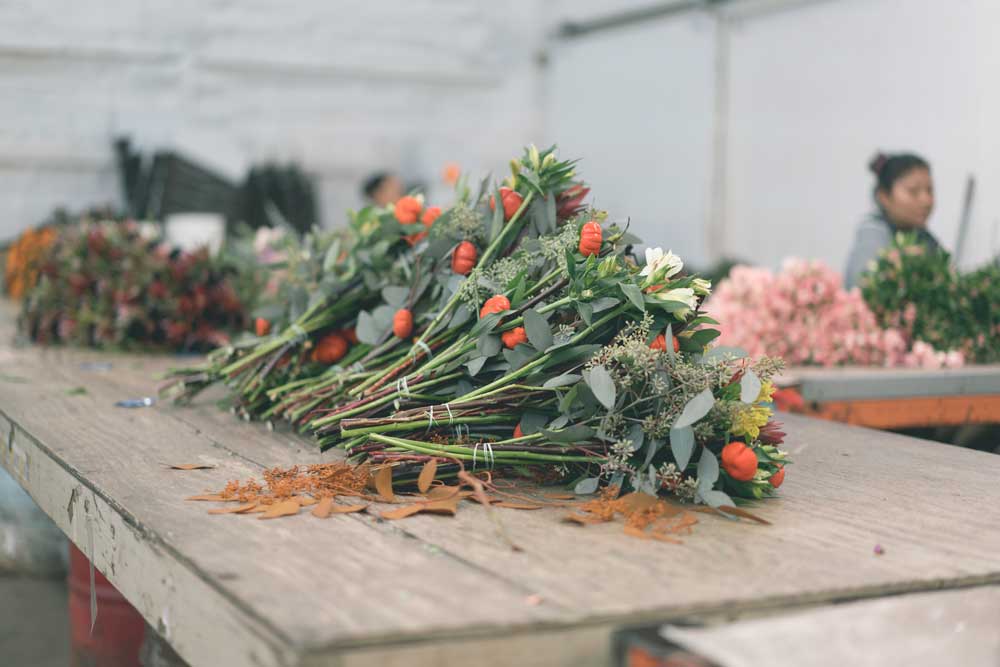
The Bouqs Company values relationships. From emotional connections with their customers to strong relationships with farmers who share similar values, they are committed to empowering farmers to flourish while eliminating unnecessary waste from their process. Looking to shop online and send a bouquet to your long distance honey or far away family member? The Bouqs Company ships to all 50 of the United States straight from one of their farm partners.
Shopping online is not the only option when it comes to buying beautiful floral arrangements that are ethically sourced. If you’d prefer to stop at a store to pick up a bouquet on the way to visit your sweetheart, Whole Foods Market is your place to stop. Whole Foods Market offers fair trade products backed by its Whole Trade Guarantee.
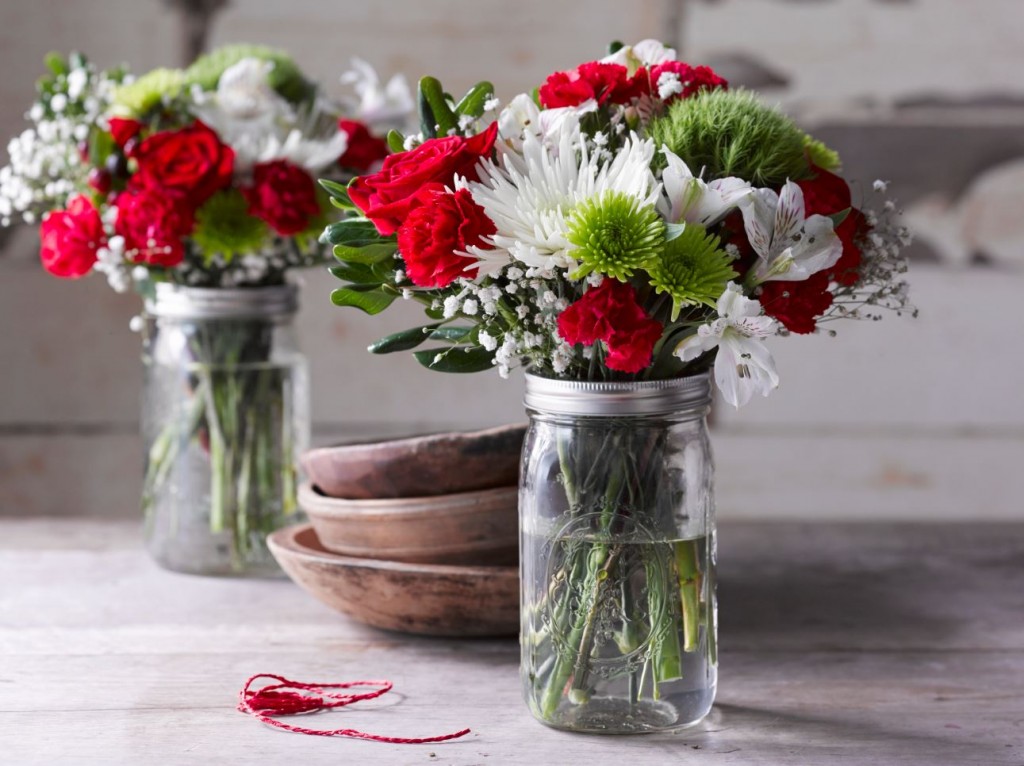
“In 2007, we created our Whole Trade Guarantee to highlight our commitment to ethical trade, working conditions and the environment, while also meeting our standards for high quality products,” Whole Foods writes on their website. “Plus, every purchase funds community projects—such as schools and health clinics—determined by the workers themselves. “
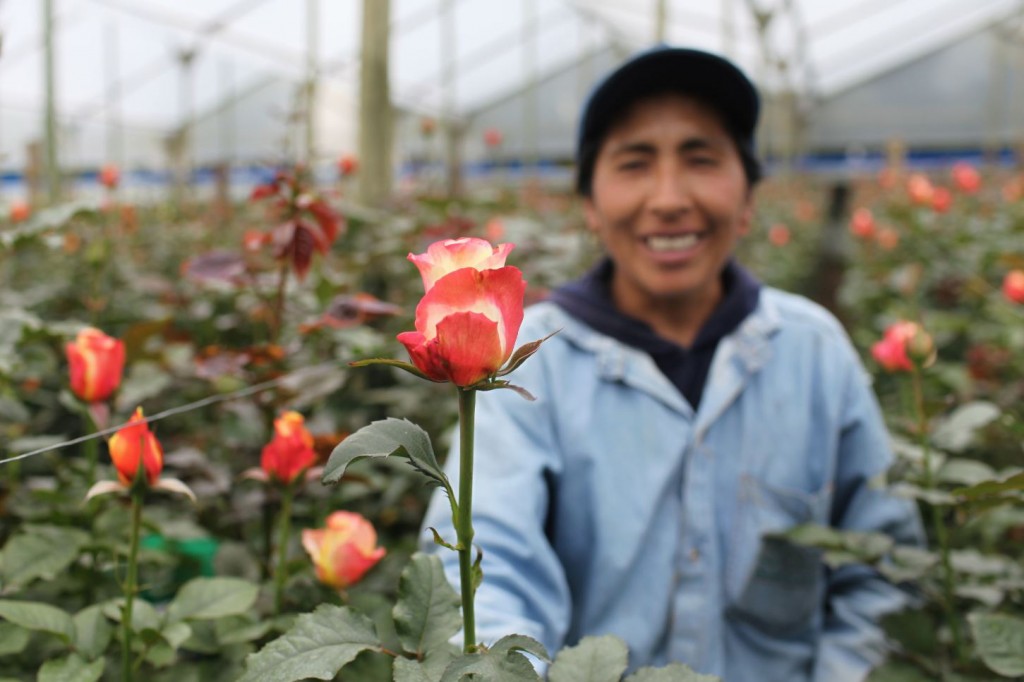
“We buy a lot of roses from Colombia and Ecuador,” shares Emily Wright, Global Public Relations Manager at Whole Foods Market. “Last year there was a 7.8 magnitude earthquake in Ecuador and we donated $100,000 to the emergency construction program that helped displaced families during the earthquake because we have a long term contract with those farmers in Ecuador. As part of our commitment to them, and sourcing flowers from them, we wanted to help make sure that their farm workers and their community could get back on their feet.”
Next time you purchase flowers for an event or as a gift, do some research into the farms where your flowers are coming from. Companies who use ethical practices are proud to share that information with consumers. If you are buying your bouquets at a retail location that consistently ethically sources their flowers, chances are the employees will be trained on how to answer your questions about this process.
If you are ordering an arrangement to be delivered on your behalf, do some internet research before clicking the order button. Read the About Us section of your favorite florist’s website. See if they have any photos of the farms where their flowers come from or stories from their farm workers.
Whether you give the gift of flowers to a loved one or to yourself, make an informed, responsible buying decision that supports those who have put the hard work into growing and designing your stunning arrangement.
Emily Rochotte
MOST VIEWED STORIES
- How to have a green wedding that Mother Earth would attend
- Simplify wedding communication with digital engagement announcements and thank you cards
- A Spiritual and Earthy Elopement at Lassen Volcanic National Park
- Food Trucks, Craft Booze and Cultural Fusions: How New England Weddings Are Changing the Game
- Reverse Honeymoons: Volunteering Abroad as a Couple’s First Act of Marriage



